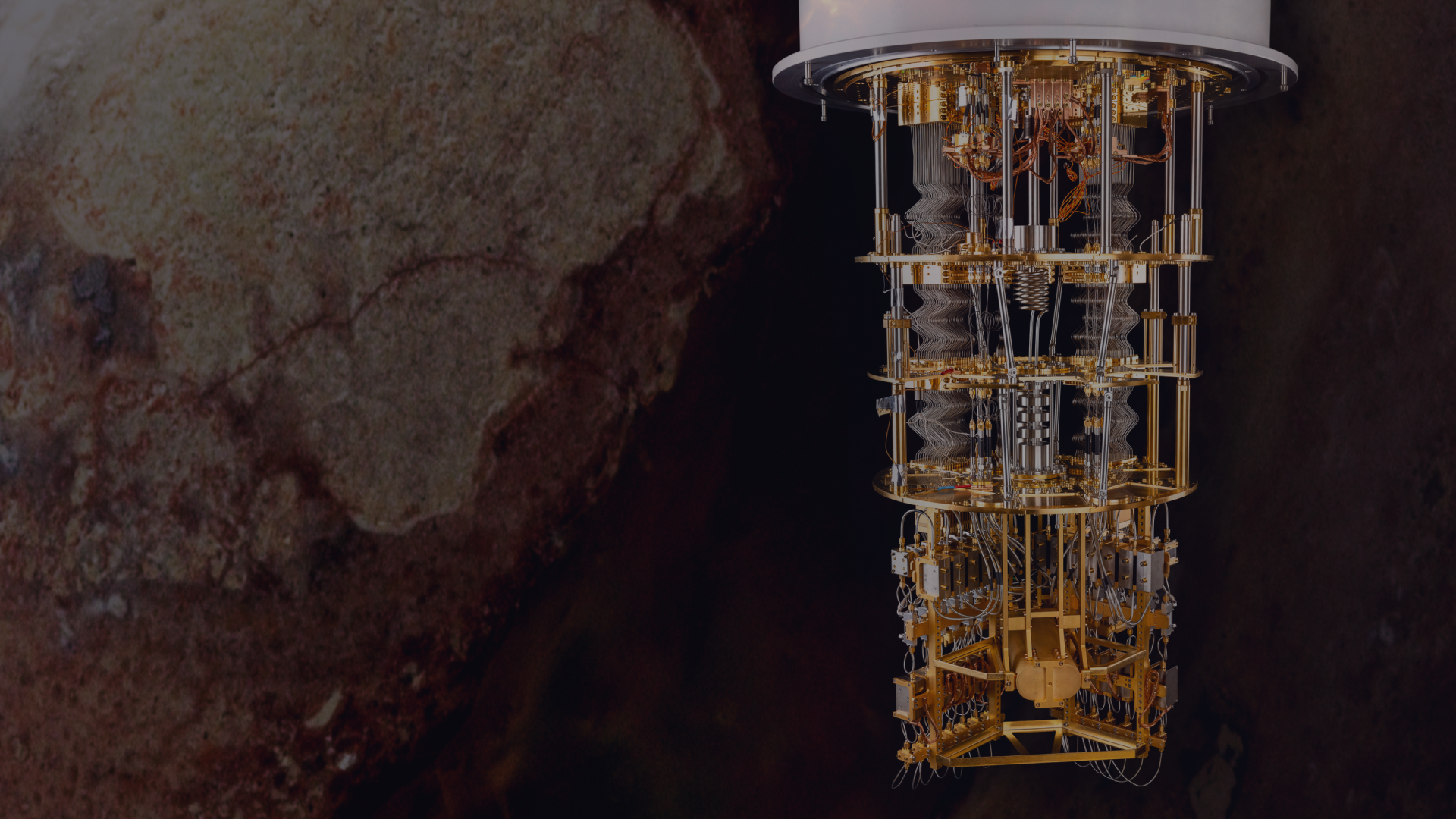Black Opal alpha goes live


The Q-CTRL office was buzzing when I sat down with some of the team to discuss the successful alpha launch of Black Opal, the company's first product.
The first cloud-based interface for Q-CTRL's quantum control solutions went live last week. A select group of alpha-users can now access a workspace where they can analyze and create drop-in replacements for single-qubit operations that show improved robustness against error.
The objective of the private alpha launch is partially to secure feedback ahead of a full public launch later this year, ensuring optimum alignment of features with user needs. Head of Design Damien Metcalf said: "The alpha release will allow us to ensure we provide an interface that will help our clients better achieve their goals."
From go to wow! In six months...
Having formed in November 2017, Q-CTRL has rapidly gone from concepts developed through fundamental research to releasing an alpha product to a select number of companies and research teams around the world.
Chief Technology Officer, Robert Love, said: "We started conceptualizing an initial prototype in January. From there it was a case of bringing in the right people. And we brought in a very capable senior team of product designers and engineers to work with our quantum experts."
Lead Front-end Engineer Michael Dijkstra, said: "I wrote the first front-end code for this product in March. So it's been less than six months since we started building."
Mr Love said that speed is pretty much unheard of. "It is certainly a testament to the experience and capability of the team," he said.
"We could have gone out and hired less senior people or outsourced some of the work. But if we'd done that we'd still be plugging away at the first product and the quality wouldn't be what we've managed to achieve to date."
Not your ordinary quantum startup
There is a perception that many tech companies with academic founders grow just by recruiting more likeminded scientists. And while quantum engineering remains at the heart of the company, CEO and founder Professor Michael Biercuk wanted to do something very different.
"We have built a team that's roughly evenly split between quantum experts and product engineers. Realizing our first product's private alpha launch at such a level of professionalism and refinement really illustrates the virtue of this strategy," Professor Biercuk said.
"The whole team has done exceptional work transforming our early vision into a professional-grade product leveraging the most modern approaches to user experience. With this kind of product we really can allow our customers to work as though they have an expert team of quantum control engineers on staff without them having to hire one."
The first step in a continuing process
The alpha release allows an initial set of test users to develop new controls within a workspace focused on single qubits. The product is extremely refined but only represents the smallest amount of the true value-add Q-CTRL's technology brings to teams in quantum information.
From here, the team will build out the front-end allowing users to access new control solutions for multiqubit gates and noise characterization within an {% include components/link.html text="expanded set of workspaces" url="https://help.q-ctrl.com/black-opal/guides/current-and-future-workspaces" %} for the public launch. These workspaces, of course, will be informed by feedback from alpha users.
Lead Quantum Control Engineer, Michael Hush, said: "The idea behind going alpha is to get feedback from an initial set of trusted users. This will help us better target the application to their needs." Mr Dijkstra explained how important it is for us all to test our assumptions; "this is brand new technology".
The idea of iteration is essential in this build, as described by Lead Back-end Engineer, Kevin Nguyen; "This is really the first iteration of the build-measure-learn cycle that is embedded into our product development."
This approach, said Mr Love, allows Q-CTRL to be much more agile as it moves towards a full public release.
Surprising challenges
The team knew it would be a challenge to convert scientific knowledge into useful products, but they were surprised by the smaller challenges that arose. Because this really is the first time such technology has been developed for the global quantum community, it has been important to ensure things like the terminology used in the product is accessible and understandable for all clients.
Pulses? Controls? Solutions? Operations? Rotations? Mr Love said there is really no standard convention for describing the domain of quantum control in English; "everyone around the world uses their own concepts, so a lot of the work that has gone into Black Opal is around standardized terminology."
The alpha release isn't just about product testing, Mr Dijkstra said, "the way we are building the full public release is by reusing patterns developed within the application." Creating a rhythm of how a customer employs the product - even across different workspaces - requires the team to think through even the smallest details to ensure a uniform experience.
You can see that for yourself in the level of clarity and comprehensiveness brought to the supporting documentation for Black Opal.
The entire approach reflects one of Q-CTRL's core values of being revered: "We earn acclaim by building solutions that are clever, well constructed, and absolutely beautiful."
That combination of functionality and beautiful design will remain at the centre of the company's ethos as it develops further products.
Professor Biercuk said: "Getting here is a testament to the skills and leadership of the Q-CTRL senior team. But the excitement will keep growing as we build new features and move towards the full public release of Black Opal later this year. Beyond that, new features will be rolled out on a regular basis from our exceptionally long backlog..."


